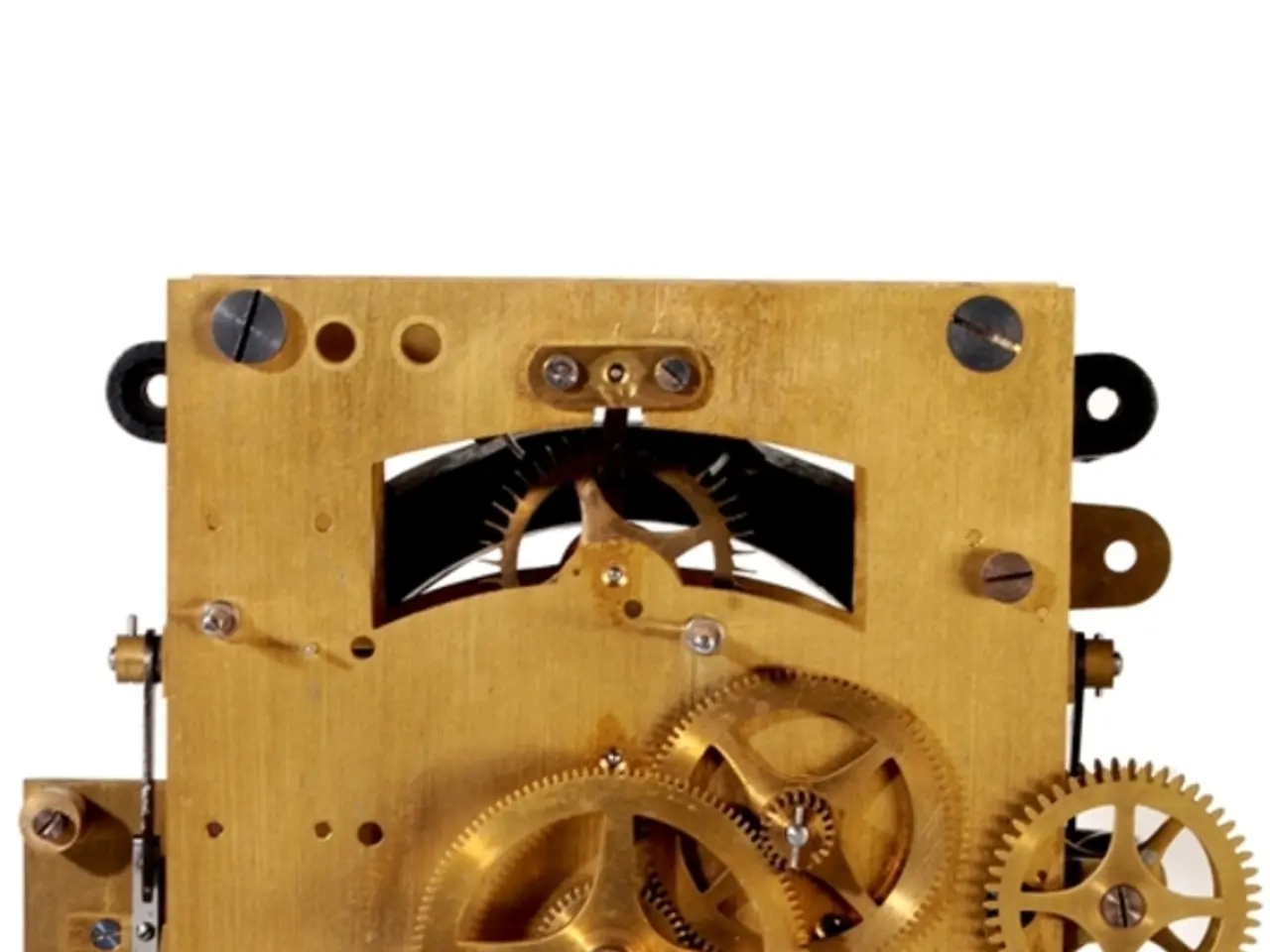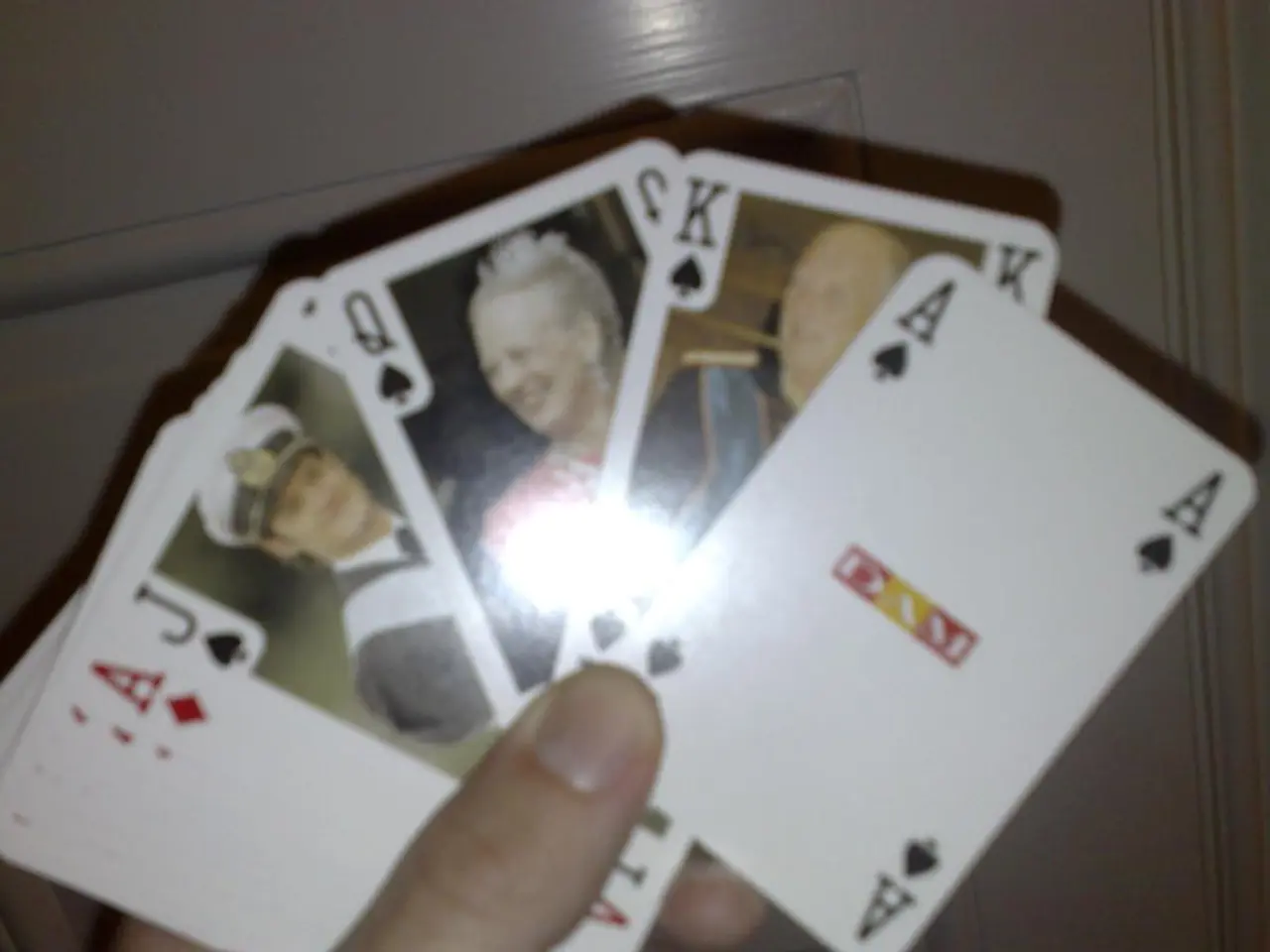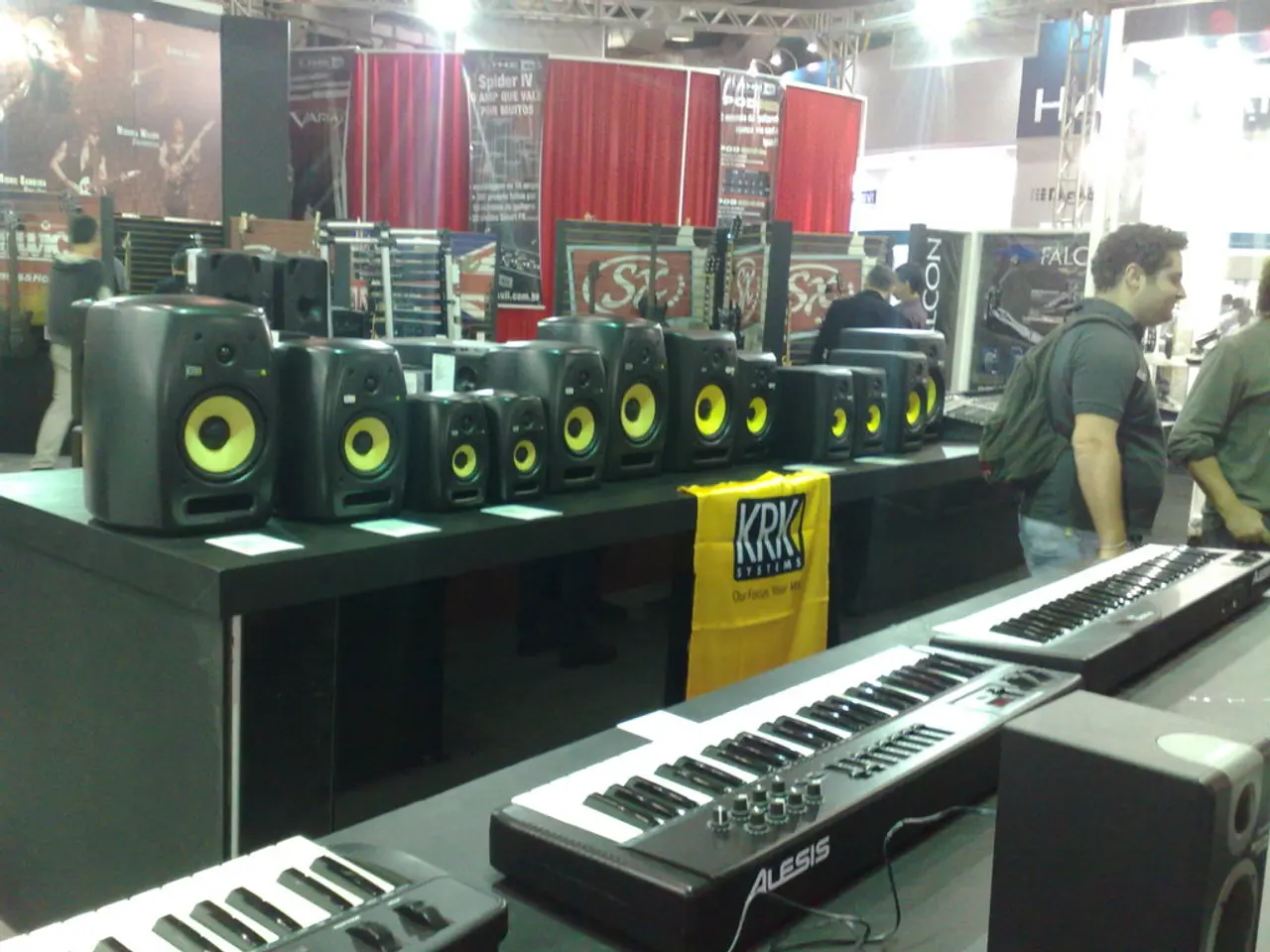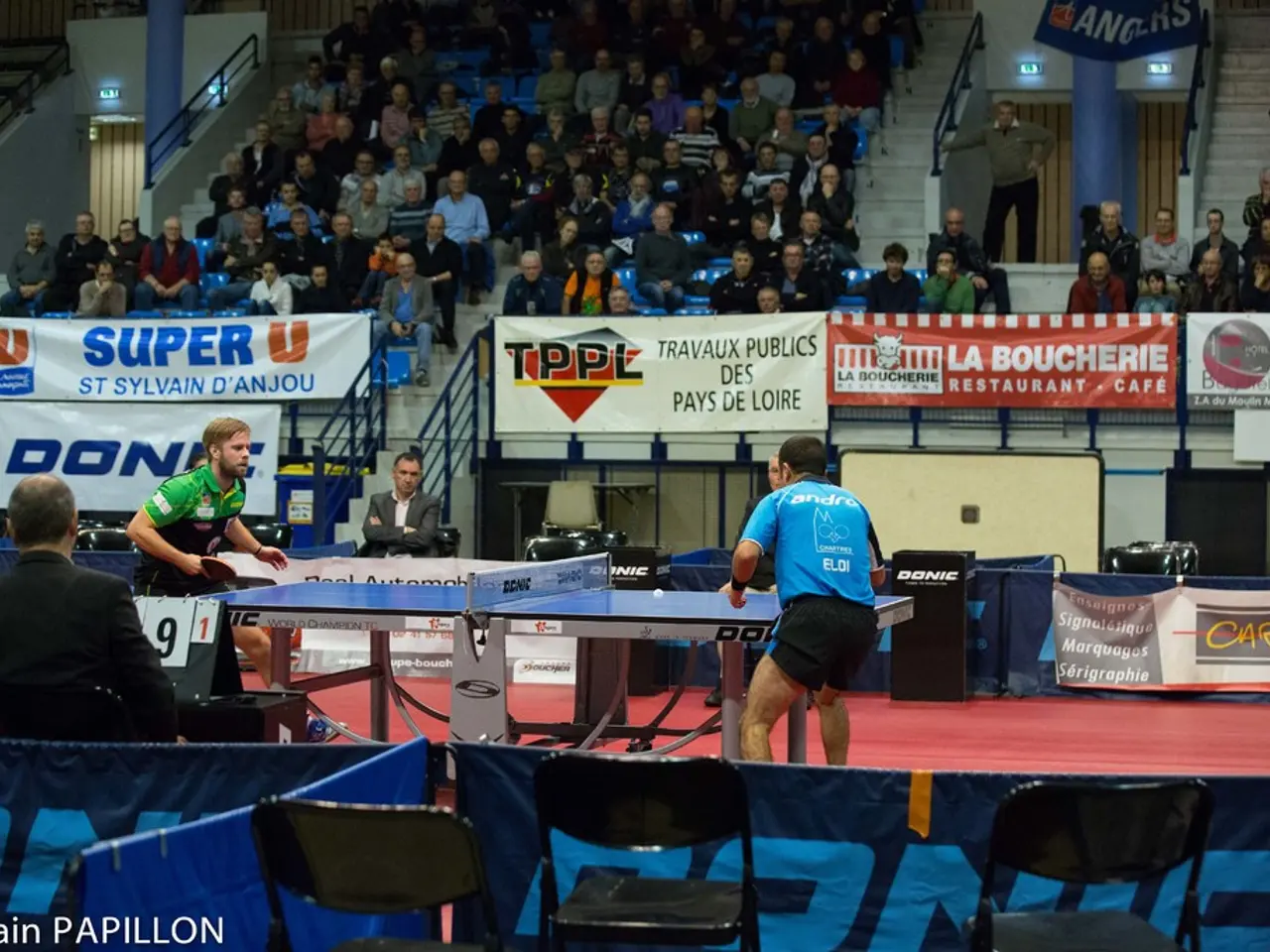Slot Machines with Skill Elements: Are Users Truly in Command?
In the ever-evolving world of gaming, a new genre has emerged: skill-based slot machines. These games, often referred to as skill games, are distinct from traditional slots as they incorporate elements of skill through bonus rounds or mini-games. As the legal status and regulations for these games vary significantly across different states in the U.S., it's essential to understand the current landscape.
Pennsylvania, for instance, operates in a legal grey area. Although skill games are not explicitly regulated under the state's gaming laws, a proposed bill (SB 626) aims to legalize and tax them, suggesting a 16% tax on gross revenue and structured licensing fees. However, the state's Supreme Court is reviewing whether these games should be classified as slot machines, and an initial 35% tax rate is open to negotiation.
On the other hand, some states have specific regulations for casino gaming but do not explicitly address skill-based slot machines in their statutes. Maryland, for example, falls into this category.
Triumph Games offers real-cash prize competitions in skill-based games across many states, covering over 75% of the U.S. population. However, the company is unable to operate in states like Arizona, Arkansas, Colorado, Connecticut, Delaware, Florida, Kentucky, Louisiana, Maine, Maryland, Mississippi, Montana, Nebraska, New Hampshire, New Mexico, South Carolina, Tennessee, Puerto Rico, and Washington due to legal restrictions.
The key factor in determining the legality of these games is whether they are classified as games of skill or chance. Games of skill are generally exempt from gambling laws, while games of chance are more heavily regulated. Each state has its own approach to regulating or prohibiting these games, leading to a patchwork of different legal statuses across the country.
As of now, a few US states have officially legalized the use of skill-based slot machines, such as Nevada and New Jersey. These games test players on skills such as puzzle-solving, coordination, memory, or reaction time. They have started popping up in businesses that don't primarily specialize in gambling, such as gas stations, grocery stores, and small businesses.
In these games, the outcome isn't entirely up to luck. The player's ability to play the bonus game also affects the outcome, and proficiency in the bonus game influences the size of the payout. Skill-based slots have RTP (return to player) percentages, with the RTP of a skill-based slot incorporating the highest possible level of skill a player can achieve during the skill-based bonus round.
However, it's important to note that the house always has an edge in skill-based slot machines, meaning that skilled play does not guarantee a return. In demo mode, playing skill-based slot machines allows players to learn the gameplay without risking money.
The legal status and regulations for skill-based slot machines are complex and subject to change as states update their gambling regulations. As the industry continues to evolve, it will be interesting to see how the landscape changes in the coming years. Danger Arena, dubbed "the first skill-based video game gambling machine," and Skyriser, with seven games offering players countless hours of entertainment across different game niches, are just the beginning of what could be a new era in gaming and gambling.
In Maryland, where casino gaming is regulated, skill-based slot machines remain a legal grey area due to the absence of explicit regulations in their statutes. On the other hand, Danger Arena and Skyriser, two skill-based video game gambling machines, are gaining popularity in states like Nevada and New Jersey, where skill-based slot machines have been officially legalized.




